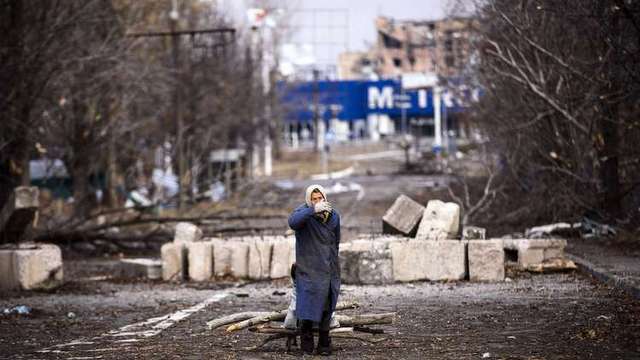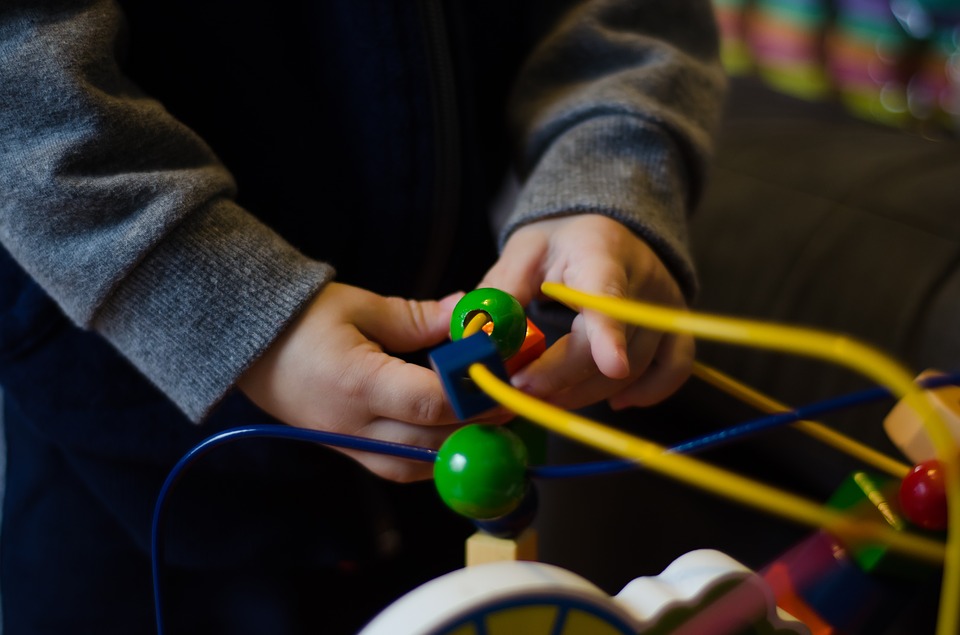Döbbenetes sorsok Kárpátalján
Az elmúlt években nagyon sokan mentek el Ukrajnából. Ők jó esetben támogatni tudják az otthon maradottakat, rengeteg viszont az egyedül élő idős ember. Beszédes tény, hogy a gáz ára megduplázódott a tavalyihoz képest. Egy átlagnyugdíj a rezsire elég csak, ha a nélkülözők a segélyszervezetekre nem, csak az ukrán államra hagyatkozhatnának, akkor a térségben válsághelyzet lenne...

A bűz ellen nincs mit tenni, hiába gondolom magam sokat próbált embernek: gyomron vág, de próbálok mosolyogni. Házigazdánk, a beregszászi Muci néni egy 86 éves kacér tündér, rám szól: „Egy ilyen szép embernek nem volna szabad megfáznia. Miért nem vesz fel kabátot?”
Mert bánatomra a kocsiban hagytam, és hülye fejjel meleget reméltem bent a házban, de elütöm azzal, hogy nem vagyok fázós. Az egyik baj az, hogy a kályha rossz és nincsen pénz megcsináltatni. A másik az, hogy Muci néninek egyáltalán nincsen tüzelője. A harmadik pedig, hogy itt a tél.
Beregszászban vagyunk, az Ökumenikus Segélyszervezet itteni irodájának munkatársai, Fischer Mária és Kovács-Molnár Anita tartós élelmiszert – tésztát, cukrot, ilyesmiket – hoztak az idős asszonynak, de azt ígérik, a tüzelőben, kályhában is segítenek majd. Muci néni addig meg majd jól felöltözik, és bebújik a takarók alá, ahogyan szokott.
Negyvenhárom évig varrónőként dolgozott, most 15 ezer forintnak megfelelő hrivnya a nyugdíja. Egyetlen luxusa – mint oly sok hasonlóan szegény embernek – a televíziója. Az udvar végén, szoba-konyhában lakik, amit egy nagyobb családi házról választottak le. Hogy tetszik lenni?” „Szarul, de büszkén” – válaszolja nevetve. A falakon rengeteg fénykép – a rokonokról és azok lurkóiról. Meséli, nem ment férjhez, gyereket sem szült, most aztán nincs, aki támogassa.
![On 17 December, [NAME CHANGED] Nikita, 5, stand at a window in his family’s apartment in a district in the city of Pervomaysk in Donetsk Oblast. Nikita, whose father was killed during shelling two months earlier while returning home from work, lives with his mother and grandmother. Visible across from the apartment is a building that was destroyed by recent shelling. Despite limited humanitarian access, UNICEF continues to provide aid in conflict-affected areas in Donetsk and Luhansk regions. By end December 2014 in Ukraine, at least 4,771 people had been killed and 10,360 had been wounded in the country’s continuing conflict. More than 601,400 people have also been internally displaced, and an estimated 5.2 million people are living in conflict-affected areas. Additionally, over 593,600 others have sought refuge in neighbouring countries. The fighting has destroyed or disrupted essential infrastructure and basic services, leaving affected populations vulnerable and in need of urgent support. Despite renewed commitment to a September ceasefire, serious ceasefire violations continue to be reported daily; and although shelling has lessened in parts of the eastern oblasts of Donetsk and Luhansk– two of the five provinces most affected by the conflict – displacements continue to increase, and civilian safety remains a concern. Indiscriminate shelling and continued insecurity have placed conflict-affected people and humanitarian actors at risk, hampering the provision of humanitarian aid and disrupting access to essential medicines and health facilities, and to education. Children have been most affected by the conflict, with the most vulnerable forced to seek refuge underground in unsanitary conditions in crowded and freezing basements, cellars and bomb shelters – with little or no access to food water, sanitation or basic hygiene. In response to the continuing fighting, UNICEF is supporting health, nutrition, water, sanitation and hygiene (WASH), education](https://csaladhalo.hu/wp-content/uploads/2016/12/09-08-unicef-178081-1024x682.jpg)
On 17 December, [NAME CHANGED] Nikita, 5, stand at a window in his family’s apartment in a district in the city of Pervomaysk in Donetsk Oblast. Nikita, whose father was killed during shelling two months earlier while returning home from work, lives with his mother and grandmother. Visible across from the apartment is a building that was destroyed by recent shelling. Despite limited humanitarian access, UNICEF continues to provide aid in conflict-affected areas in Donetsk and Luhansk regions. By end December 2014 in Ukraine, at least 4,771 people had been killed and 10,360 had been wounded in the country’s continuing conflict. More than 601,400 people have also been internally displaced, and an estimated 5.2 million people are living in conflict-affected areas. Additionally, over 593,600 others have sought refuge in neighbouring countries. The fighting has destroyed or disrupted essential infrastructure and basic services, leaving affected populations vulnerable and in need of urgent support. Despite renewed commitment to a September ceasefire, serious ceasefire violations continue to be reported daily; and although shelling has lessened in parts of the eastern oblasts of Donetsk and Luhansk– two of the five provinces most affected by the conflict – displacements continue to increase, and civilian safety remains a concern. Indiscriminate shelling and continued insecurity have placed conflict-affected people and humanitarian actors at risk, hampering the provision of humanitarian aid and disrupting access to essential medicines and health facilities, and to education. Children have been most affected by the conflict, with the most vulnerable forced to seek refuge underground in unsanitary conditions in crowded and freezing basements, cellars and bomb shelters – with little or no access to food water, sanitation or basic hygiene. In response to the continuing fighting, UNICEF is supporting health, nutrition, water, sanitation and hygiene (WASH), education
Ömlik belőle a szó, látszik, hogy a társaságnak legalább annyira örül, mint a csomagnak. Azt is elmeséli, hogy az apját 72 éve vitték el az oroszok, többet nem is látta. Anitáék megnézik a kertecske végében álló fáskamrát, közben megkérdezem tőlük, merre van a fürdőszoba. Hát az nincsen, a néni vödörbe végzi a dolgát, azért van orrfacsaró bűz az előszobában.
Szerencsére már öreg, ezért nem kell sokat ennie – mondja a nénike, eredeti nevén Magda, de mindenki Mucinak szólítja. Főz magának, az alól a kérdés alól azonban kitér, hogy milyen gyakran jut hús az asztalára. Szokott enni, ennyi a válasz. Csirkefarhátat, szárnyat. Nem volt jó sorom, de nem panaszkodom. Piros a parolin, nem kell becsinálni – idéz egy vasutas körökben ismert mondást és kizavar a kabátért.







